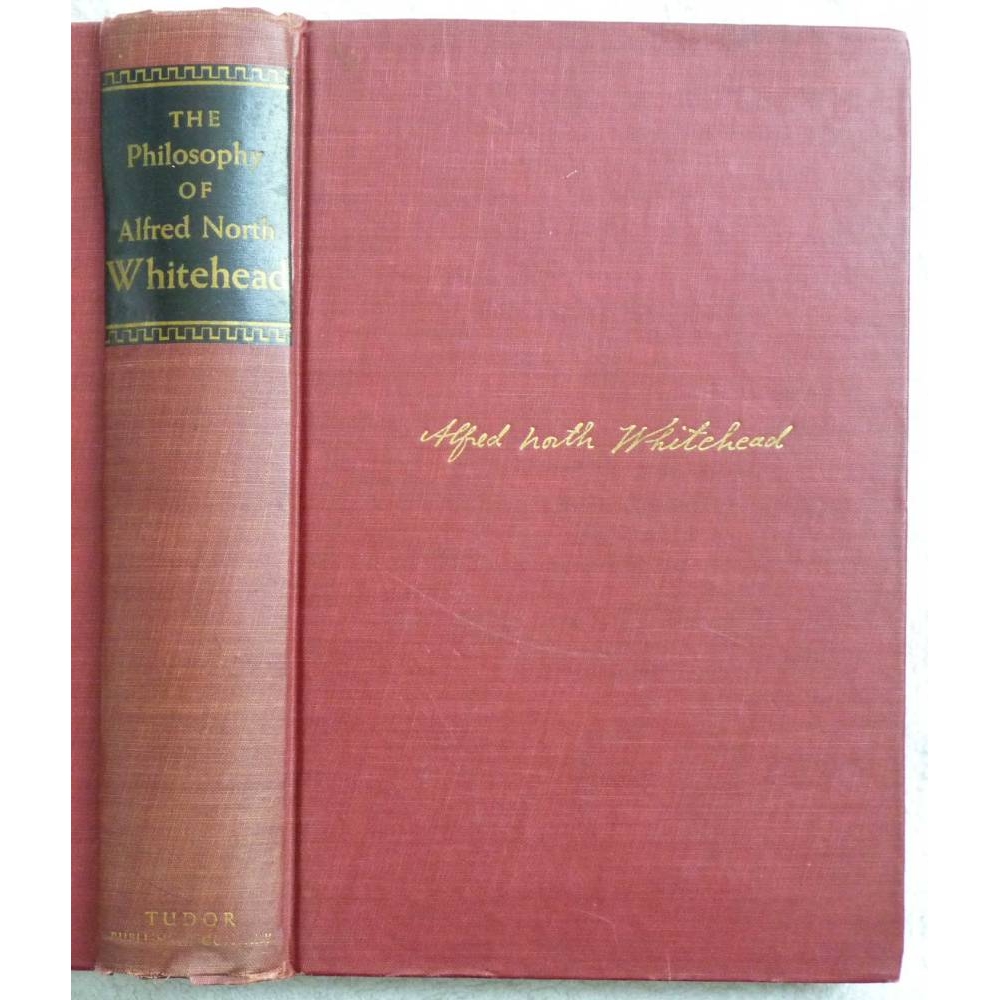
The apparent inconsistency in Belaief’s treatment is to be found in her claims that "one always acts according to his purposes and self-interest" (WPI 283) and that all desires are "desires for happiness" while denying that "such deeds are accomplished only for the sake of his happiness and would not have been done otherwise" (WPI 284). To the contrary, it is religion that is ultimately concerned with the internal relevance of past and future to present self-realization.īelaief depicts Whitehead’s view as a self-realizational ethics which reconciles the conflict between the individual interest and the general interest by appeal to morally preferable "true self-interest." The latter is found in recognition of internal relatedness and self-identification with the broad environment out of which the individual arises. In particular, I contend that Whitehead sees moral theory as inseparable from social philosophy and the self-transcendence involved in the external life of the individual. While some points in this initial polemic have independent interest, I present it only by way of introducing some of the overlooked but essential elements of Whitehead’s moral thought.


Indeed, these shortcomings seem to underlie most discussions of Whitehead’s moral thought - particularly those which depict it as either egoistically or altruistically self-realizational. 1 I then suggest that this inconsistency derives from three sources: a popular but inadequate handling of the concept of "satisfaction," the failure to abandon completely a non-Whiteheadian conception of the self, and the further failure to distinguish adequately her notions of moral and religious phenomena. Here I contend that Belaief’s defense of Whitehead on the latter point fails due to an apparent inconsistency in her discussion. In the course of so doing, Belalef offers refutations of the complementary charges that Whitehead reduces ethics to aesthetics and adheres to a private-interest theory of morality. Lynne Belaief’s discussion, "Whitehead and Private Interest Theories," in the July 1966 Ethics purports to present the foundational elements of a Whiteheadian ethical theory. To the contrary, it is religion that is ultimately concerned with the internal relevance of past and future to present self-realization. Whitehead sees moral theory as inseparable from social philosophy and the self-transcendence involved in the external life of the individual. This material was prepared for Religion Online by Ted and Winnie Brock.

Process Studies is published quarterly by the Center for Process Studies, 1325 N. The following article appeared in Process Studies, pp. Davis, Assistant Professor of Philosophy at the University of Tennessee, Knoxville, Tennessee 37916.


 0 kommentar(er)
0 kommentar(er)
